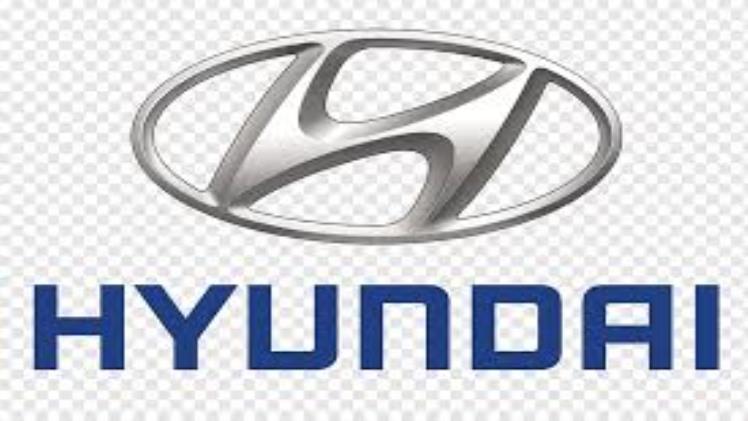
The Hyundai Motor Company, or simply Hyundai, is a global automaker headquartered in South Korea. Its brand name reflects its strong emphasis on innovation, as demonstrated by its long history of technological innovations. This article explains why Hyundai is such a popular name for its vehicles and discusses its entry into the U.S. automotive market. It also highlights its presence in several other countries, including China, South Korea, India, and the United Arab Emirates.
Hyundai’s long history of technological innovation
The Hyundai Motor Company has a history of technological innovation stretching back over 100 years. Its recent FE Fuel Cell concept car was the first of its kind to showcase a hydrogen-fueled vehicle. This vehicle has a range of over 600 kilometers and a power output of over 80 kW. The fuel cell technology also allows for a range of over 600 km. It is capable of storing more energy than a conventional petrol or diesel car and reducing carbon dioxide emissions.More Info About George Floyd
The engineers at Hyundai are recruited from the best engineering schools in Korea. They learn their skills through project-based problem-solving and gaining industry-specific knowledge through long-term project collaboration. Hyundai engineers have also been credited with assimilating many foreign technologies into its car models. The result is a technologically advanced car that has a competitive advantage. The Hyundai engineers’ efforts to improve the vehicle are reflected in the company’s long history of technological innovation.
Its entry into the U.S. market
A major challenge for Hyundai in the United States is the steep learning curve required to enter this market. The company will have to improve its technological innovation and management skills to remain competitive. It will also need to invest in green technology to compete in this market. The company has been battling with its domestic rivals to produce cost-efficient and eco-friendly cars. It will have to reengineer its strategy to gain a competitive edge from its diversified strategy.
While the South Korean automotive manufacturer is a major player in commercial vehicles in other markets, it has yet to enter the United States. It is already a player in commercial vehicles in Europe, but it’s unclear how much of an impact it’s entry will have in the U.S. market. A hydrogen-powered Hyundai tractor is on the company’s horizon, and executives declined to comment on the potential U.S. truck presence.
Its involvement in motorsports
The Hyundai Motor Company’s participation in motorsports has been increasing over the past few years. Its team in the World Rally Championship, or WRC, debuted in 2000 and finished in the top five three times. This was followed by a top-ten finish at the Rally Argentina and a fifth-place finish in New Zealand. In addition, the company is also promoting the high-performance N brand globally.
In addition to its WRC involvement, the company has expanded its N-brand products into motorsports, particularly touring cars. Hyundai won the FIA World Touring Car Cup in 2018 and the WRC in 2019, and its i30-N model won a TCR title last year. It is also involved in the World Rally Championship with the Bryan Herta Autosport team, which runs the Veloster and Elantra. To Know all about Madras Rockers for entertainment.
Its presence in other countries
With increasing competition in the automotive industry, the global presence of Hyundai motors is also increasing. In addition to traditional domestic manufacturers, Hyundai is also facing new entrants in densely populated markets such as China. These new competitors are offering cheaper cars with similar features. To compete with these new rivals, Hyundai has stepped up its efforts in other countries, including the U.S. and Europe. In order to compete successfully in these markets, the company must invest more in research and development and make investments in eco-friendly technologies.
While the company had planned to increase its production in Canada, the Chrysler deal stifled the plan. Moreover, the depreciation of the yen and appreciation of the won have hurt export sales. The company has experienced losses in Japan and Canada in recent years, which negatively affected export sales and its presence in the region. As a result, the company has focused its efforts on growing its presence in other countries, especially ASEAN countries. Indonesia is the group’s main market in ASEAN.